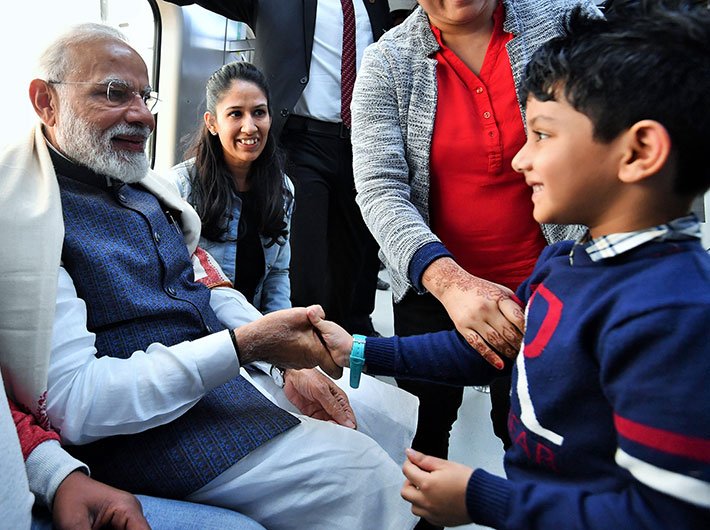Just as army commandos who conducted surgical strikes in September 2016 returned safely to their base, India’s Director General of Military Operation (DGMO) called his counterpart in Pakistan and informed him about the action against terrorist camps in Pakistan-Occupied Kashmir (POK). Though the Pakistani DGMO was aware of the situation by then, he asked the Indian army official not reveal the details and casualty figures in his media briefing.
In the day’s briefing, Indian army official accompanied by an MEA spokesman neither revealed the details nor shared the casualty figures. The reason for this unseemly request from the Pakistani side was quite apparent. Pakistan’s army establishment desperately needed a space to wiggle out of this crisis and deny any raids. As expected, Pakistan did exactly that.
In fact, it falls into a pattern if one looks at Pakistan’s denial of casualties and real damage the Indian Air Force has inflicted on terror camps in POK and Pakistan early Tuesday morning. They acknowledged the intrusion of their airspace as it was simply undeniable. The subsequent bravado is aimed clearly at masking the Pakistani state’s criminality in allowing the setting up of these camps.
The manner in which the Indian forces carried out the strikes was remarkable. It was indeed a measure of not only political maturity but also strategic pragmatism that the air force was given a specific brief – destroy camps and avoid civilian areas. Like in the first surgical strike, India this time also described its air strikes as a “non-military” operation carried out to protect itself from terrorists being trained on Pakistani soil, based on credible intelligence inputs.
As is evident, the formulation is quite careful to give space for Pakistan to negotiate out of this dilemma if it wants to. At the same time, it is too naïve to imagine that the air strikes on certain terror’ training camps would act as an effective deterrent for the deep state in Pakistan that controls the nation’s political economy. The military-political relations in Pakistan are expected to be strained further following these air strikes.
Apparently the Pakistani military establishment has thrived on anti-India propaganda and its ability to convince people of Pakistan about its status as their saviour. The air strikes, penetrating its defence, have left a big question mark on its ability to protect the country. It is good news for political actors in that state. But the military establishment is unlikely to let go of its control over the state so easily.
Soon after the surgical strike in 2016, the Indian government had received certain credible inputs about the possibility of Pakistan’s ISI staging a high-profile terrorist attack in Goa which was about to host the BRICS summit in October. Intelligence agencies and security forces then neutralised many ISI modules and launched covert operations to plug loopholes in the international security.
Those who know the thinking in the government confirm that the air strikes deep inside Pakistan are certainly not an episodic response from India to cross-border terrorism. The government in consultation with the armed forces and security agencies have also factored in all eventualities and prepared an elaborate response for each of them. “Today’s action is just a sequel to similar actions in the past to raise the threshold level and the cost for Pakistan to patronise terrorism,” said a government functionary.
On his part, prime minister Narendra Modi seems to have taken the air strikes as business as usual. Till Tuesday night he continued with the agenda without giving any indication of the possibility of a major action. In the morning too, he attended all his programmes as usual including holding a meeting of the Cabinet Committee on Security (CCS) and even travelled by Delhi Metro, mingling with passengers to reach the ISKCON temple. Quite evidently he seems to be guided by the maxim that says time and patience are the biggest warriors. He chooses his own time to react to a situation and displays infinite patient in the face of heavy odds.
[This comment has appeared on FirstPost.com]

